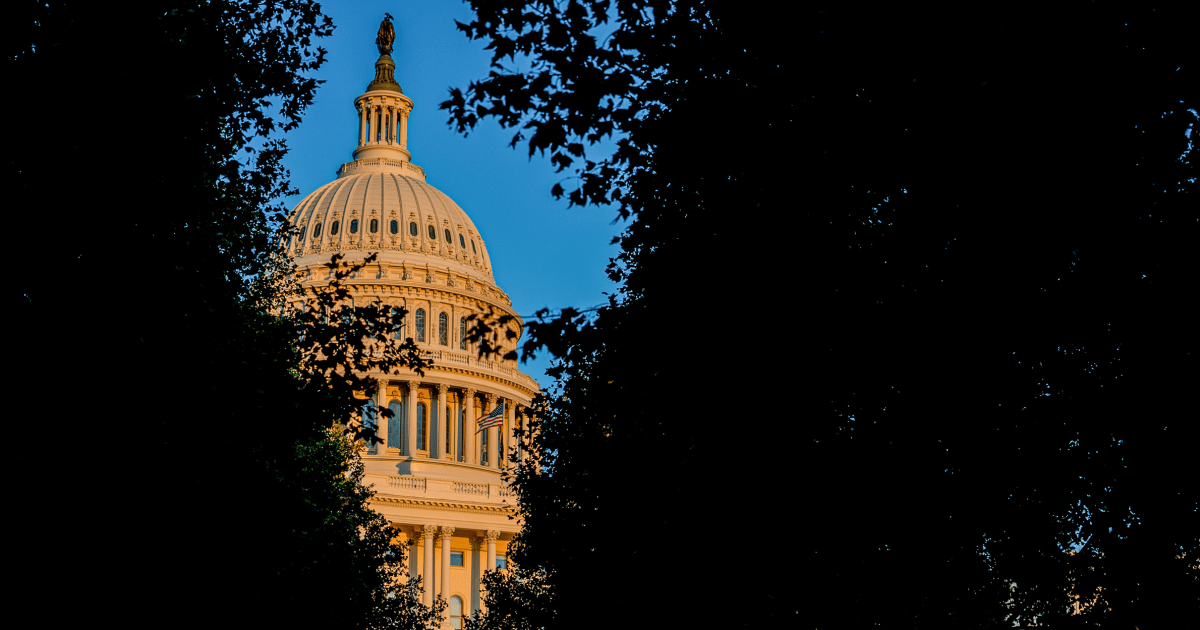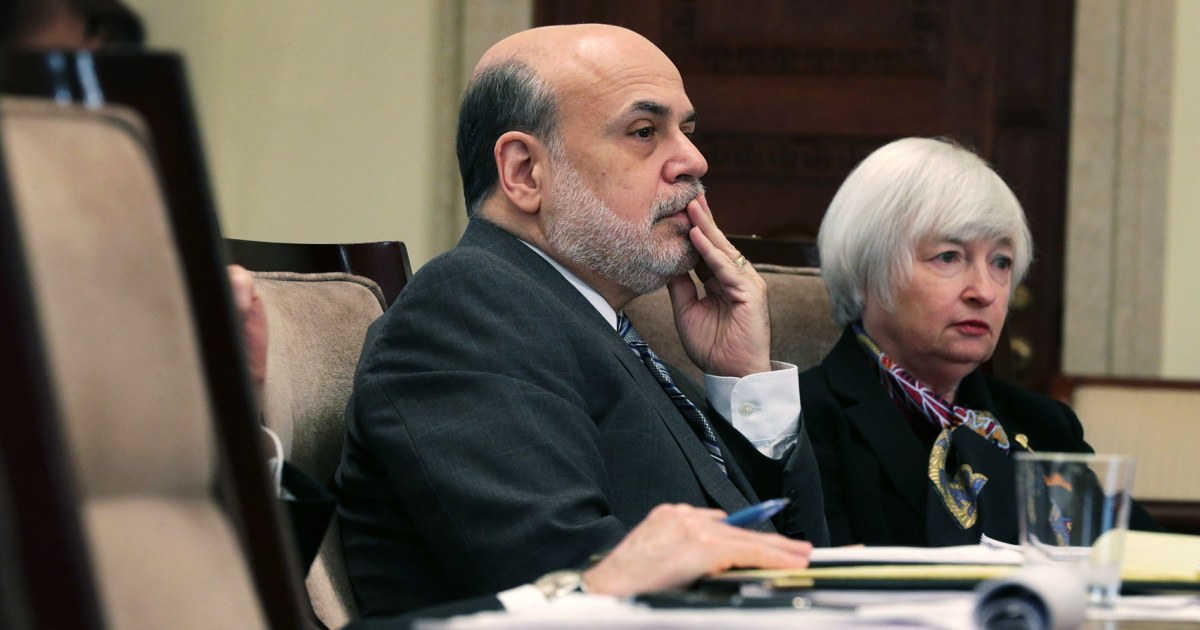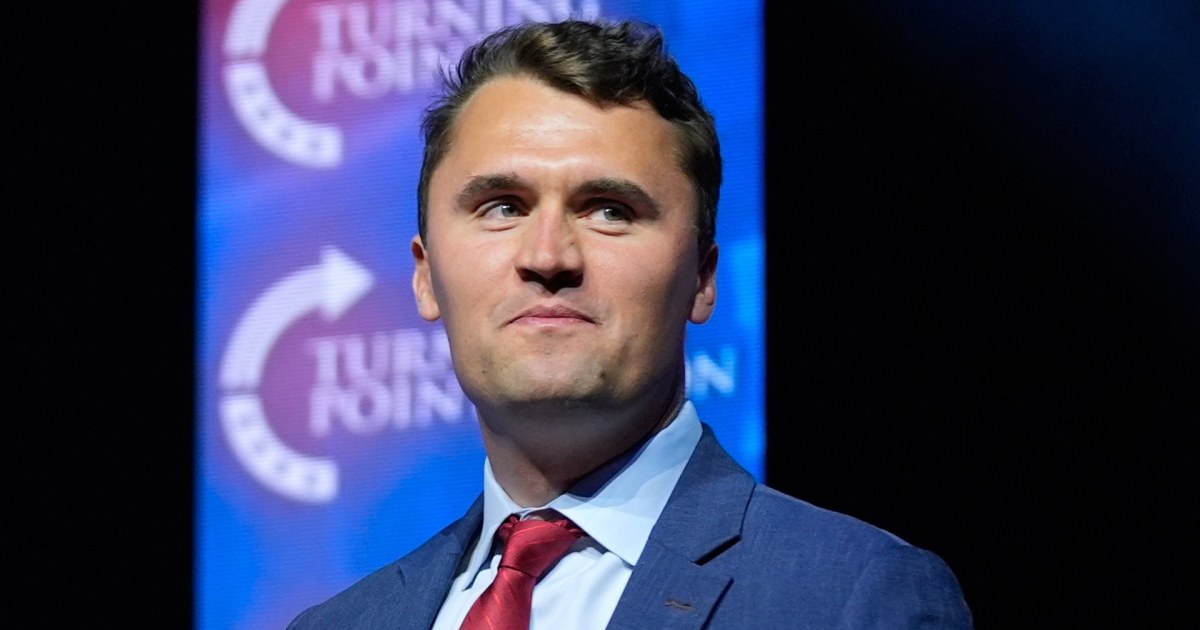The federal government shut down Wednesday after lawmakers left the Capitol without passing a funding bill
Source link
Oct. 2, 2025, 10:41 AM EDTBy Raquel Coronell Uribe and Megan LebowitzThe federal government shut down Wednesday after lawmakers left the Capitol without passing a funding bill.Agencies and departments each have their own operational procedures during a shutdown, and they have issued guidance about what to expect as the money runs out.Here’s what’s happening as the shutdown continues.Will federal workers be paid during a shutdown? What about layoffs?No, federal workers will largely not be paid during a shutdown. Employees who are considered essential must still report to work, although they will not be paid until the government reopens.Furloughed and essential employees will receive back pay after a shutdown ends.President Donald Trump and members of Congress, however, are continuing to receive paychecks during a shutdown. Their pay is constitutionally protected.White House press secretary Karoline Leavitt told reporters Wednesday that layoffs would be “imminent.” Office of Management and Budget Director Russell Vought also told House Republicans during the day that federal employees would begin to be fired in “one to two” days, according to sources. On Thursday, Trump said in a Truth Social post that he would meet with Vought to decide which “Democrat Agencies” the OMB director “recommends to be cut, and whether or not those cuts will be temporary or permanent.”Trump, like other Republican leaders, blamed Democratic leaders in Congress for the shutdown and warned them about the impact, writing, “I can’t believe the Radical Left Democrats gave me this unprecedented opportunity.”How does a shutdown affect the military?The majority of veteran benefits and military operations will continue to be funded regardless of the shutdown. However, pay for military and civilian workers will be delayed until a funding deal is reached, forcing them to continue their duties without compensation.Military personnel on active duty, including active guard reserves, remain on duty, but no new orders may be issued except for extenuating circumstances — such as disaster response or national security. Some National Guard members serving through federal funding could have their orders terminated unless performing an essential duty.Ahead of the shutdown, the Department of Veterans Affairs said it expected 97% of its employees to work, though regional offices would be closed. Some death benefits, such as the placement of permanent headstones at VA cemeteries, and ground maintenance, are expected to cease. Communication lines, including hotlines, emails, social media and responses to press inquiries, are expected to be affected a well.The Army and Navy said in social media posts that they will provide “limited updates” on their websites during the shutdown. The Air Force and Space Force said their websites are “not being updated.” How is air travel affected?Air traffic control services will continue, allowing more than 13,000 air traffic controllers to work through a shutdown — but without pay until the government is funded again. Other essential services are also still occurring, such as the certification and oversight of commercial airplanes and engines, and limited air traffic safety oversight.Still, the Department of Transportation has stopped other activities, including the hiring and field training of air traffic controllers, facility security inspections, and support for law enforcement.The National Air Traffic Controllers Association said in a statement Wednesday that shutdowns “reduce the safety and efficiency of the National Airspace System (NAS) and erode the layers of safety that allow the flying public to arrive safely and on-time to their destinations.””During a shutdown, critical safety support staff are furloughed, and support programs are suspended, making it difficult for air traffic controllers and other aviation safety professionals to perform at optimum levels,” the group said.Will Social Security checks still go out?Social Security benefits, considered mandatory under law, continue regardless of a shutdown, so recipients can expect to continue receiving their payments. However, the Social Security Administration could face a furloughed workforce. Fewer workers could mean that processing new Social Security applications could be delayed.How does the shutdown affect the Department of Health and Human Services?The Department of Health and Human Services — home to agencies such as the Centers for Medicare and Medicaid Services, the Centers for Disease Control and Prevention, and the Food and Drug Administration — said in its contingency plan that it expects more than 32,000 of its nearly 80,000 workers to be furloughed during the shutdown.HHS said “excepted activities” will continue, offering as an example responses to pandemic, flu and hurricanes. Additionally, the National Institutes of Health is still conducting research and clinical services necessary to protect human life and government property.But research contracts and grants to external organizations, such as universities, are now frozen, and NIH will not admit new patients to its research hospital unless medically necessary. HHS also said it will not process Freedom of Information Act requests during a shutdown.How is the FDA affected?The FDA will continue certain exempt activities, including drug and medical device reviews and recalls, monitoring and response of foodborne illnesses and the flu, pursuing some investigations when the agency believes the public is at risk, and screening food and medical products imported to the U.S.The agency warned it will end its ability to monitor the use of new ingredients in animal food, and thus will not be able to ensure that meat, milk and eggs of livestock are safe for the public to eat. Long-term food safety initiatives are also expected to be stop during the shutdown.The FDA is not processing new drug applications and medical device submissions. The agency warned it will not support staff that oversee protection of unsafe or ineffective drugs unless it is an imminent threat.Are students able to get loans for school?The Department of Education continues to disburse student aid through Pell Grants and Federal Direct Student Loans — assistance that goes to nearly 10 million students at 5,400 schools, the department said.Borrowers still need to make their loan payments during a shutdown, the memo added.In the first week of a government shutdown, the department said it would furlough about 95% of staff who don’t work on federal student aid. The department is also halting new grant-making activities during a lapse in funding.What is the impact on the CDC?The CDC will continue to monitor and respond to disease outbreaks, but it will be hampered in providing the public with health-related information, its contingency plan said.The agency also won’t be able to provide state and local health departments with guidance on issues like preventing opioid overdoses, HIV and diabetes.Certain other operations are also being halted, including responses to inquiries about public health issues and the analysis of surveillance data for certain diseases, the Department of Health and Human Services said.The department also said ahead of the shutdown that slightly more than a third of the staff at the CDC and the Agency for Toxic Substances and Disease Registry will continue working during the shutdown.How are nutritional programs for the the poor and women and children affected?The Supplemental Nutrition Assistance Program, also known as food stamps, and the Special Supplemental Nutrition Program for Women, Infants and Children (WIC) will continue to provide benefits during the shutdown “subject to the availability of funding,” according to the Department of Agriculture’s contingency plans posted Tuesday afternoon.The document added that a May letter from the Office of Management and Budget previously committed funds for SNAP for October, ensuring the programs would run through that month. It added that SNAP has multiyear contingency funds available, but did not specify how long those funds would last.However, the Department of Agriculture, which houses WIC, said in a letter to state agency directors of the program on Wednesday saying they would not receive their next funding allocation as a shutdown continues. The nonprofit group National WIC Association warned that a shutdown that lasts longer than one or two weeks could cause “devastating disruptions” for people who rely on the program. Will national parks stay open?A National Park Service contingency plan released Tuesday night said parks remain partially open during the shutdown.Open-air sites — such as park roads, outlooks, trails and some memorials — remain accessible to the public. Restrooms remain open, and trash is still being collected.The National Park Service advised, however, that emergency services will be limited.Buildings that require staffing, such as visitor centers or sites like the Washington Monument, are closed. The agency said it will not issue new permits during a shutdown, either. The National Park Service’s contingency plan said certain excepted activities would continue during a shutdown, including trying to suppress active fires, sewage treatment operations and the protection of borders and coasts. Can I still go to Smithsonian museums or the National Zoo in Washington, D.C.?The Smithsonian Institution’s museums and National Zoo — major draws for visitors to the nation’s capital — said Tuesday afternoon that they will use funds from the previous year to remain open to the public at least through Oct. 6.An FAQ page on the zoo’s website said animals at the zoo and the Smithsonian’s Conservation Biology Institute will continue to be fed and cared for, but animal cams will no longer broadcast.Raquel Coronell UribeRaquel Coronell Uribe is a breaking news reporter. Megan LebowitzMegan Lebowitz is a politics reporter for NBC News.




